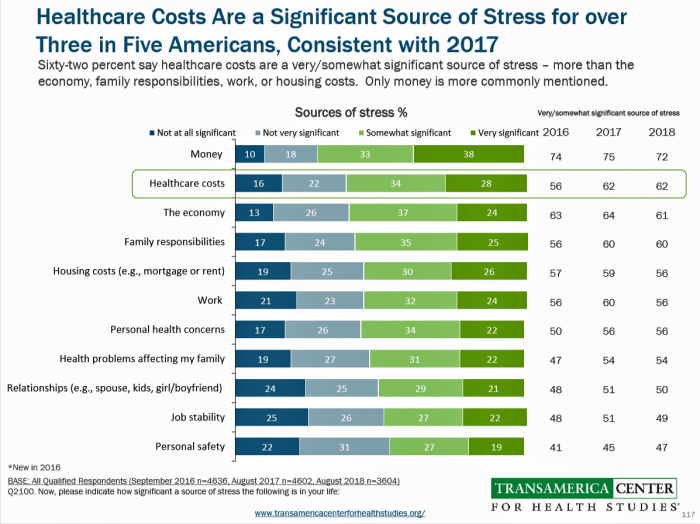A Good Listener:
When you’re shopping around for health insurance, you want your agent to be dialed in to what you’re saying about your past medical history. We’ve all heard that the number one cause of bankruptcy in the US is medical expenses. So, your agent needs to respect the 75% listening, 25% talking rule when communicating with you. It’s paramount that your agent asks the right questions to cover all potential exposure points. You’ll know that you have an insurance agent that values you when they’re asking thoughtful questions and focused on your responses. Pinpointing a plan across many carriers takes great listening skills; your agent has a responsibility to ensure that the coverage you have will mitigate the most out-of-pocket exposure for your family if something does happen to you.

Clarity and Knowledge:An insurance agent that values you will master their product knowledge because they’re aware of the fiduciary responsibility to their clients. The purpose of having an agent is for them to explain your policy options clearly and concisely. As a potential client, make sure you’re asking questions if anything is confusing. An agent that values you will be more than happy to give you the answers you seek. If they are not, they most likely are more worried about the sale and not your needs. Whatever the budget for health insurance, a knowledgeable agent should find some form of coverage for you. They’re genuine in their approach when explaining your policy options. If you’re speaking with an agent who won’t take the time to help you personally or at least refer you to someone who can, they’re limited in their knowledge and most likely commission-minded. Furthermore, you may want to inquire into finding an independent broker. These agents are appointed with dozens of insurance carriers and can build policy options based on your needs and not one company’s products. In this manner, you are exposed to greater clarity through options and choice. An agent who provides value in these ways is friendly, non-combative, and committed to helping you.

Staying Connected:
If your agent has met the above two criteria, it’s most likely a good idea to keep them around. They are now aware of your medical history, and you have both established mutual trust and understanding. An agent that values this long-term relationship will reach out to you periodically throughout the year. Their purpose should be to review the policy and make adjustments if necessary. Your agent should want to know whether or not the policy has provided value. This is also a great time for you to ask any questions. Additionally, if you currently have an agent who issued you a policy but hasn’t contacted you since, you may want to reach out or consider getting a new agent. Your agent should demonstrate these qualities so that you know your family’s health is covered to the fullest extent.

